All About Hair Loss: Causes, Treatments, and What Actually Works!
Why should I be worried about Hair loss?
Hair loss is a common concern that affects millions of people worldwide, regardless of age or gender. It can be a distressing experience, but understanding the causes and effective treatments can help you regain control and confidence. In this blog, we’ll dive into the key causes of hair loss, debunk some popular myths, and highlight treatments that truly work.
Hair loss may affect you for a lot of reasons, some are:
Genetics (Androgenetic Alopecia):
The most prevalent cause of hair loss, often referred to as male or female pattern baldness, is inherited. It usually follows a predictable pattern, such as a receding hairline or thinning at the crown.
Hormonal Changes:
Pregnancy, menopause, thyroid imbalances, and conditions like polycystic ovary syndrome (PCOS) can lead to temporary or prolonged hair loss.
Stress:
Physical or emotional stress can trigger a condition called telogen effluvium, which pushes more hair into the shedding phase than normal.
Nutritional Deficiencies:
Lacking essential nutrients like iron, zinc, biotin, or vitamin D can weaken hair and lead to hair fall.
Medical Conditions:
Conditions like alopecia areata (an autoimmune disorder), scalp infections, and even chronic illnesses can contribute to hair loss.
Hairstyling and Treatments:
Excessive heat styling, tight hairstyles (like ponytails and braids), and chemical treatments can damage hair follicles and cause breakage or permanent hair loss.

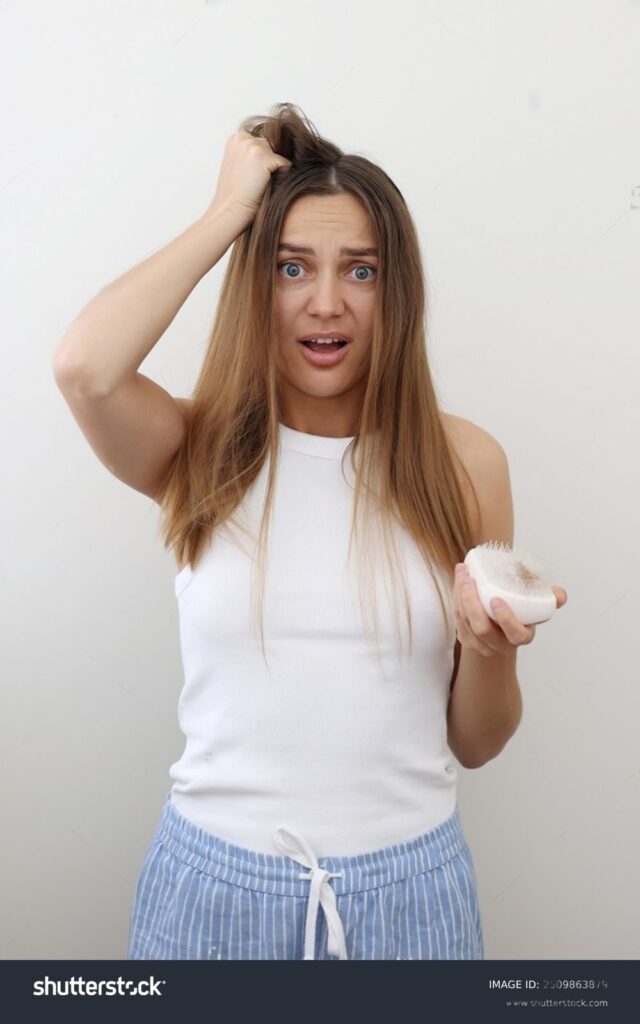
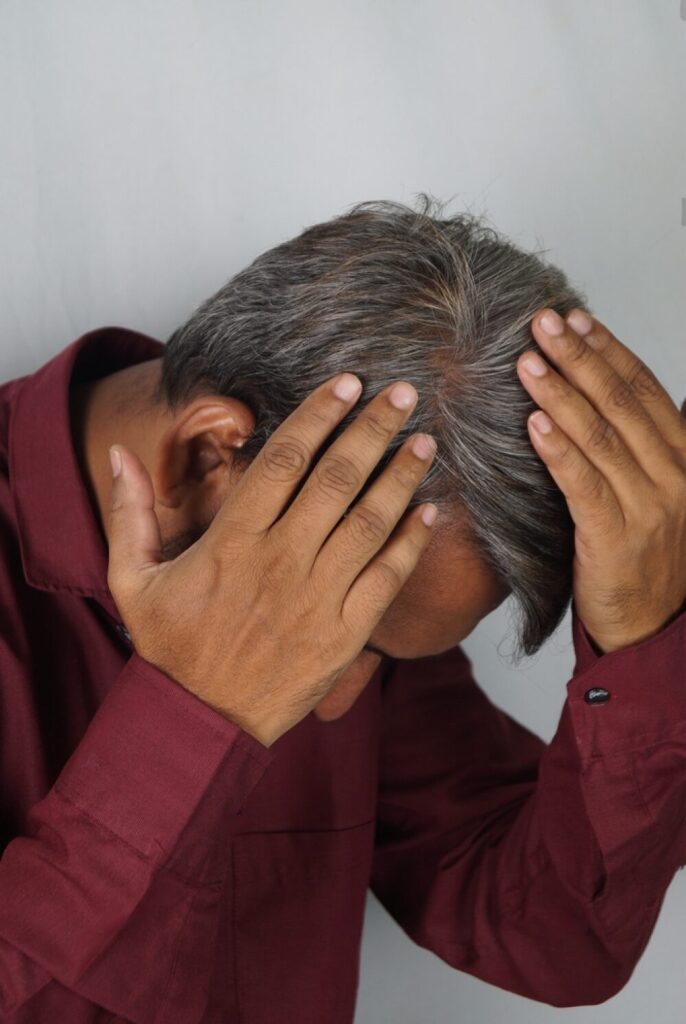
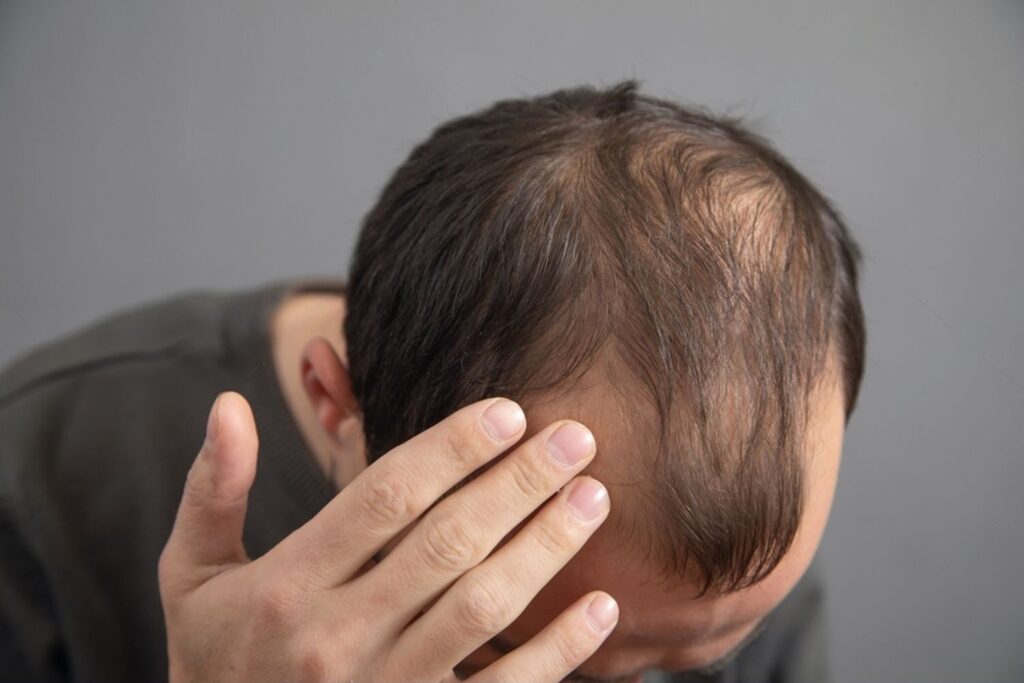
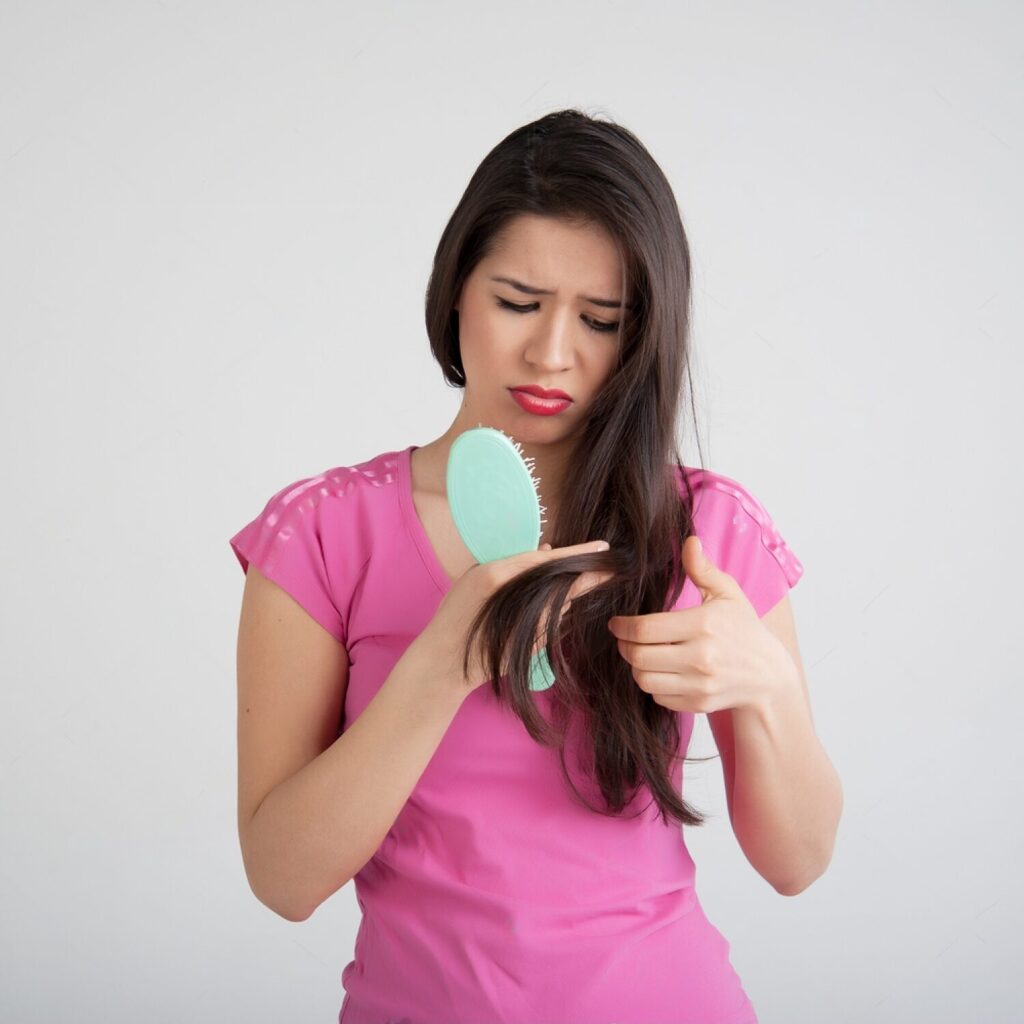
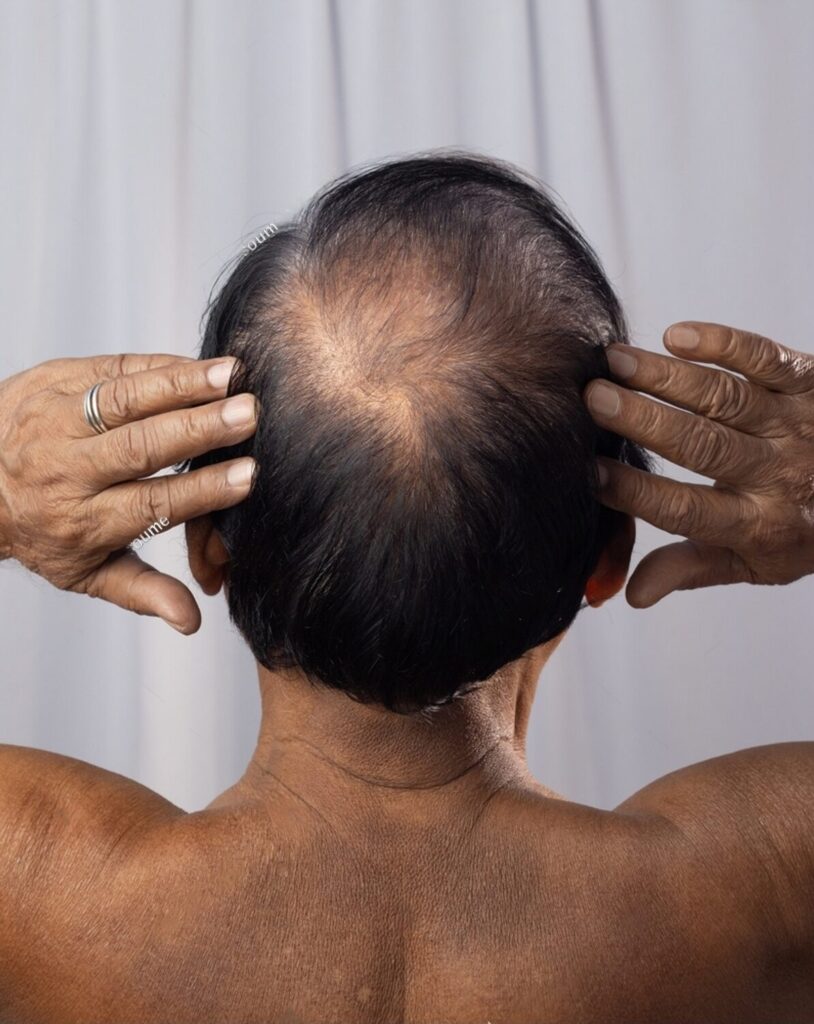
Myths about hair loss
You may have heard about certain misconceptions from people or floating the internet; how factually correct are they?
Truth: Hair loss can start as early as your teens or 20s, depending on the cause.
Truth: Hats do not affect hair follicles and are not responsible for hair thinning.
Truth: Washing your hair cleans the scalp and does not cause permanent hair loss. Hair fall during washing is normal shedding.
Truth: Hair growth is determined by the follicles in your scalp, not by the length of your strands.
What Actually Works: Effective Treatments for Hair Loss
There’s no one-size-fits-all solution for hair loss, but a variety of treatments can help, depending on the cause. Let’s explore the most effective options:
Topical Treatments:
Minoxidil (Rogaine): A well-known over-the-counter treatment that stimulates hair regrowth | Ketoconazole Shampoo: Helps treat scalp conditions like dandruff that may contribute to hair loss.
Prescription Medications:
Finasteride (Propecia): A prescription drug for men that blocks DHT, a hormone linked to hair loss.
Nutritional Supplements:
If your hair loss is due to deficiencies, supplements like biotin, iron, or omega-3 fatty acids can promote healthier hair.

Platelet-Rich Plasma (PRP) Therapy:
A procedure where your own platelets are injected into the scalp to stimulate hair follicles and encourage regrowth.
Low-Level Laser Therapy (LLLT):
Laser devices stimulate hair follicles and improve blood circulation, aiding in regrowth.
Hair Transplant Surgery:
For advanced hair loss, hair transplants (FUE or FUT techniques) provide a permanent solution by redistributing healthy hair follicles.
So… how to prevent hair loss?
Even if you’re not experiencing significant hair loss, maintaining healthy hair habits can make a big difference! Some of the easier methods are :
– Avoid excessive heat styling or chemical treatments.
– Be gentle when brushing or detangling wet hair.
– Use products suitable for your hair type to maintain its strength and shine.
– Regularly massage your scalp to improve blood circulation.
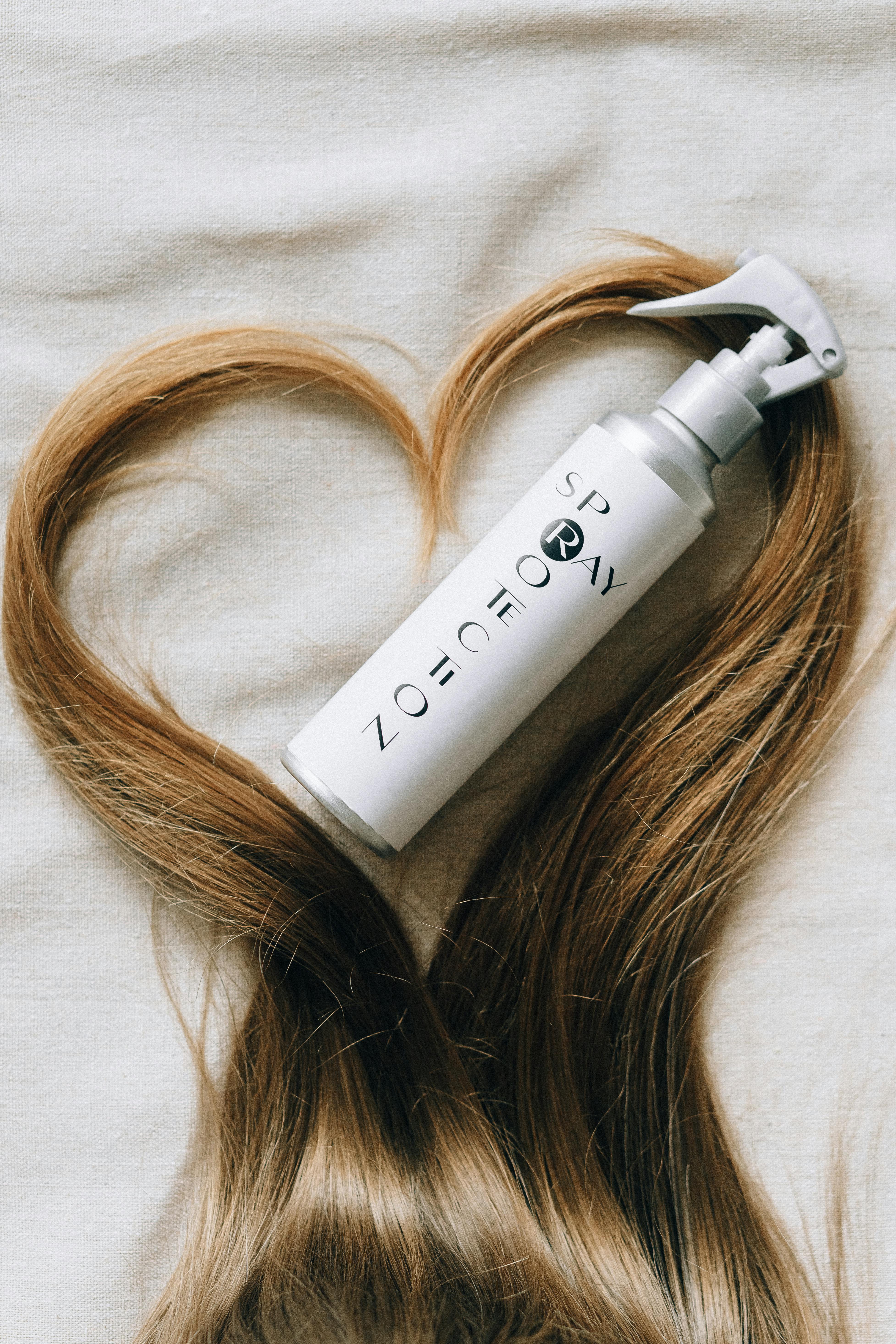
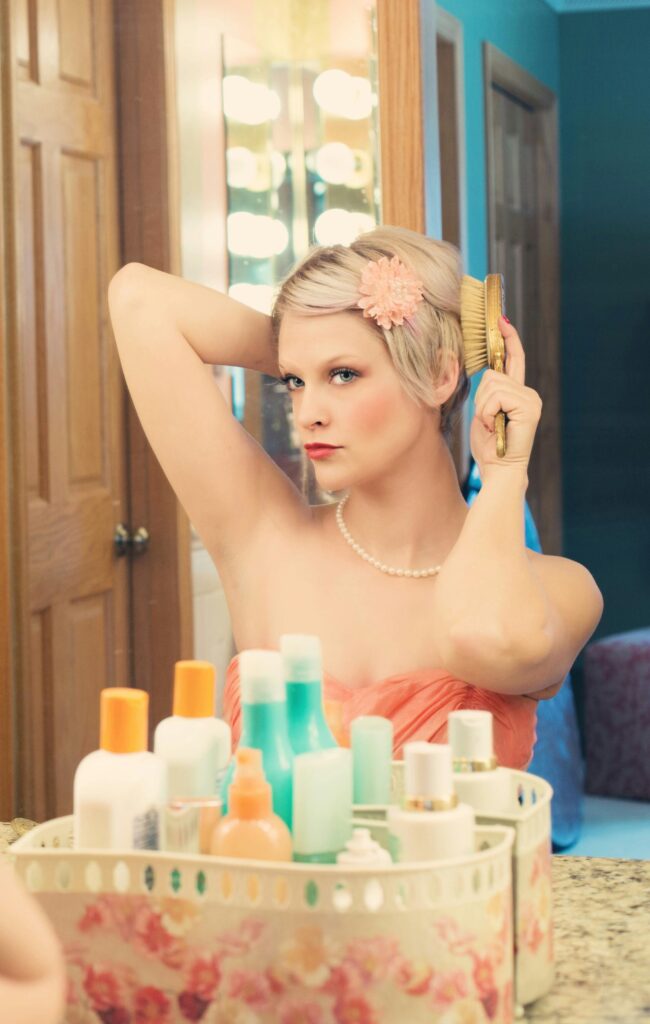
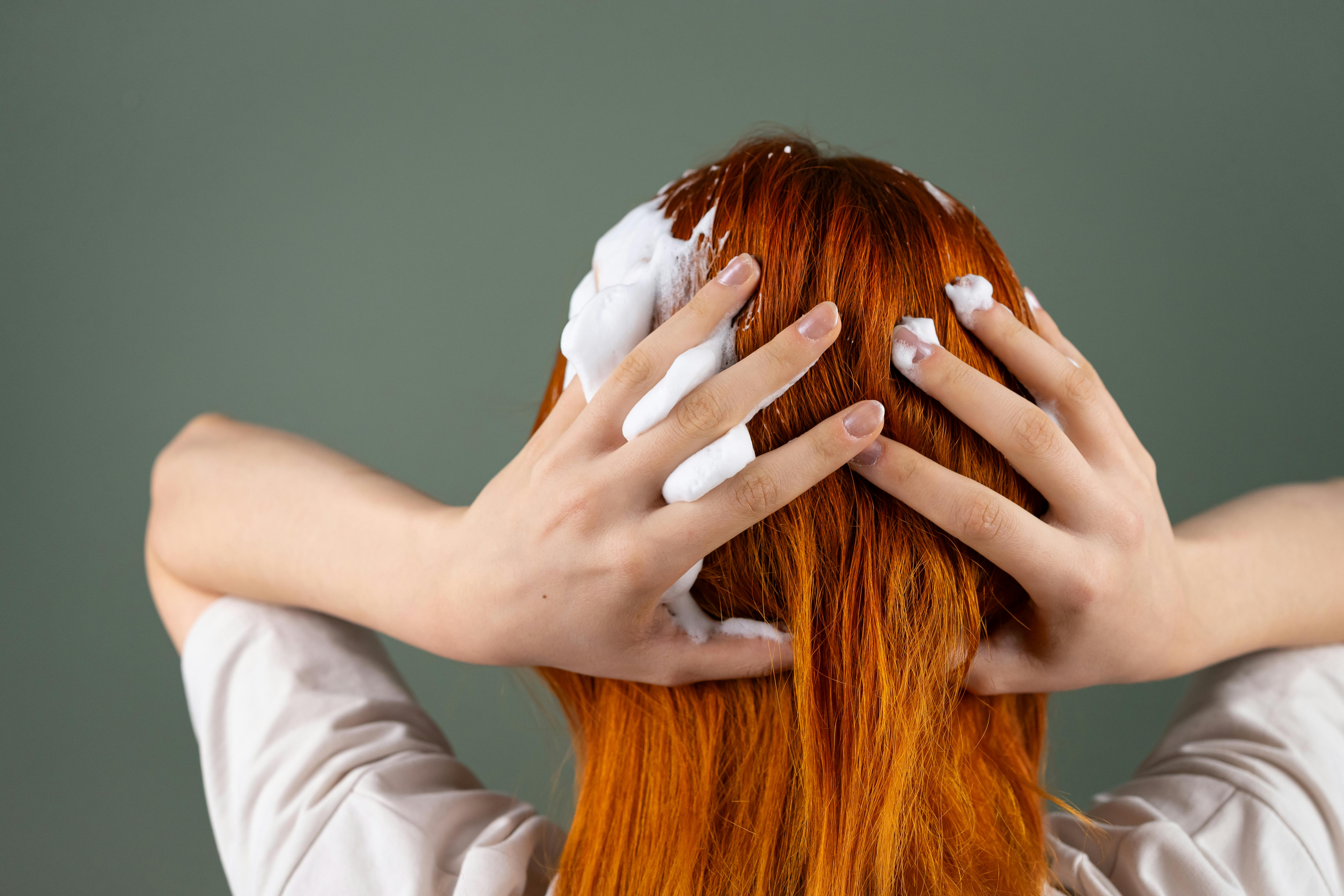
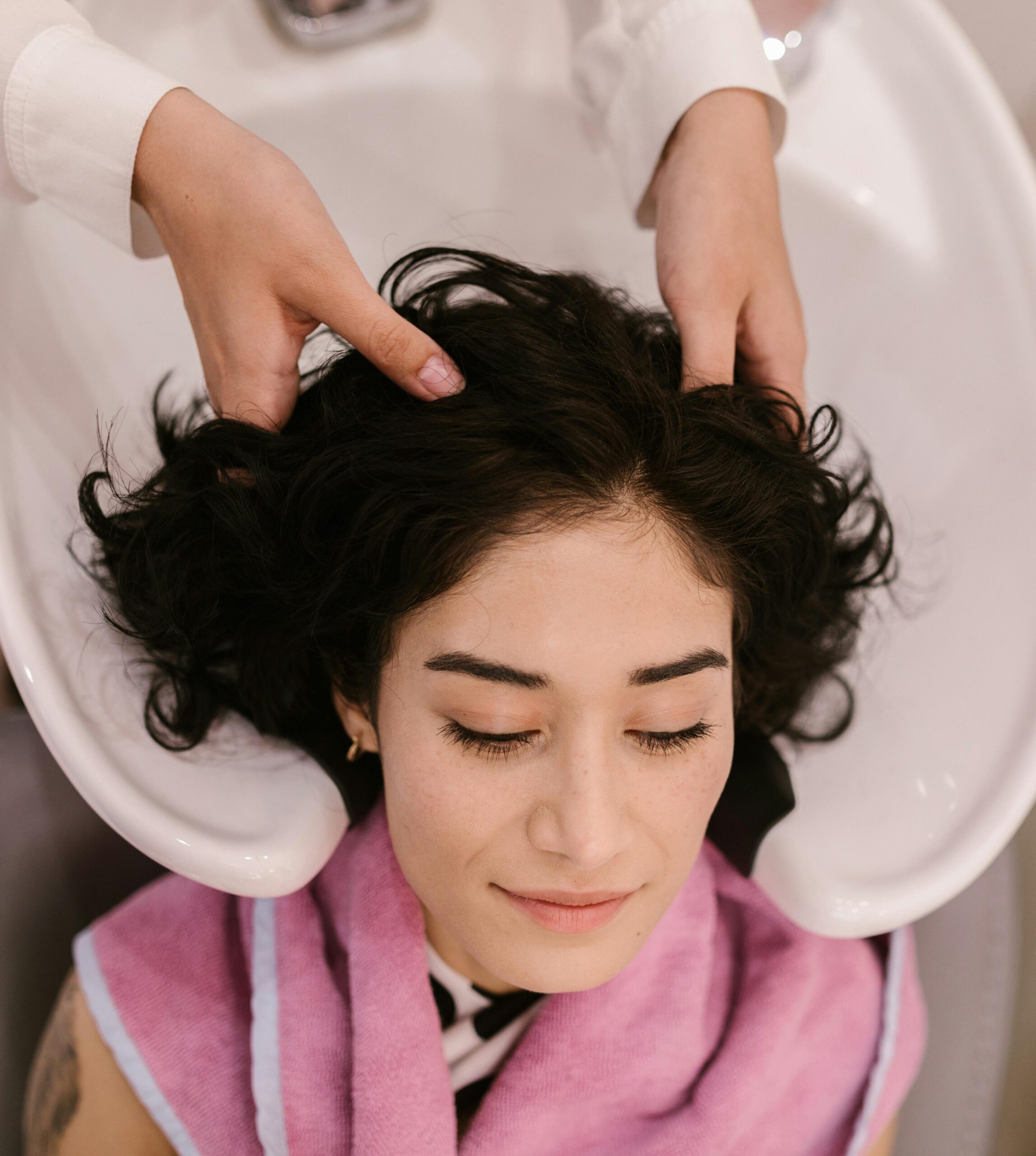
Unlock Your Beauty Potential Today!
Book your free consultation now to experience the best in skincare, wellness, and cosmetic treatments.
